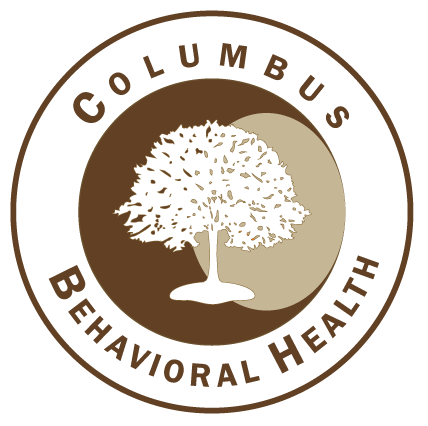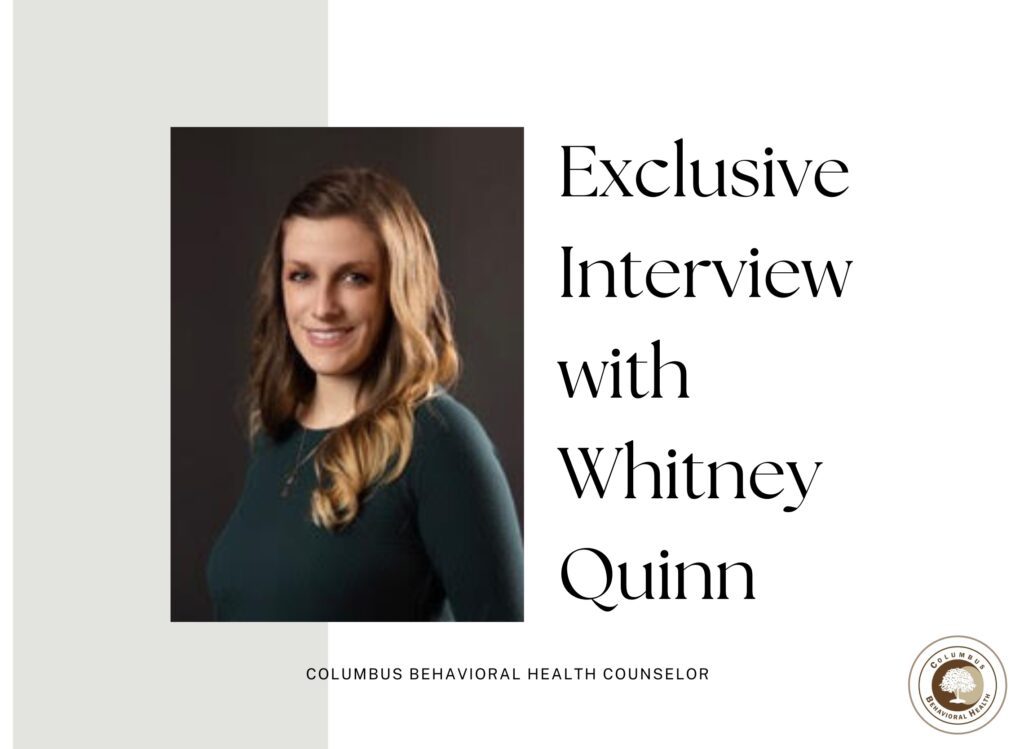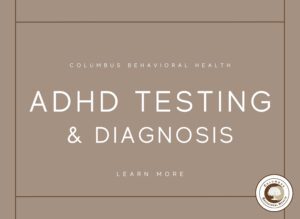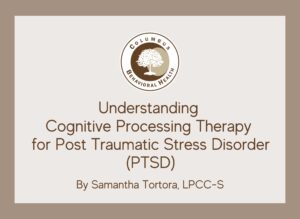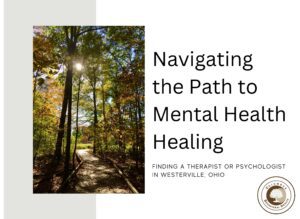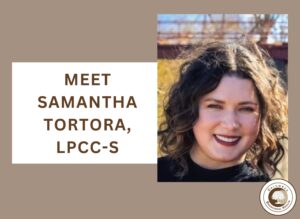We are so excited to welcome Whitney Quinn, our newest therapist at Columbus Behavioral Health. In our exclusive interview, you will learn Whitney comes with a wealth of knowledge and experience in the counseling world. If you are in search of a counselor in the Columbus, Ohio area – Whitney Quinn has experience with eating disorder treatment, Anxiety Disorder treatment, patterns of avoidance treatment, identity exploration, examining of healthy balance in relationships, as well as parenting challenges and adjustments.
Q & A with Whitney Quinn
Mental Health Counseling Experience
Columbus Behavioral Health: How long have you been practicing?
Whitney Quinn: I have been practicing since 2008. I have practiced in multiple settings from hospitals to agencies to private practice. I have worked in both higher levels of care (PHP and IOP) as well as outpatient care. I have worked within the court systems and school systems as well. Being a social worker, it has always felt important for me to understand the systems in which my clients are involved. I’ve been very fortunate to see them in different settings and contexts.
Columbus Behavioral Health: What populations do you have experience with?
Whitney Quinn: Early in my training, I worked with kids aged 0-3 who had developmental delays. I helped caregivers get them caught up on development milestones. I then moved into residential treatment with kids with behavioral issues and mental health concerns. After that, I transitioned to working with court involved youth and their families providing court ordered treatment to decrease recidivism. I worked in a couple of different capacities that allowed me to support families in setting their kids up for success with behavioral, addiction, and other mental health struggles in order to get back to a more typical teenage life. Once I had kids of my own, I knew I needed a change of pace. I ended up in the eating disorder field and stayed there for over ten years. I started working in outpatient where I was seeing folks weekly. Then I moved up to PHP and IOP (higher levels of care where people are there for more brief, but intensive work). I enjoyed working with folks who were pretty embedded in their eating disorders. I’m very excited to be at Columbus Behavioral Health where I can now see a variety of folks!
Eating Disorder Treatment
Columbus Behavioral Health: Why were you in eating disorder work for so long?
Whitney Quinn: I transitioned into eating disorder work with a strong sense of curiosity as to how it would compare with addictions work. I felt a deep desire to understand the disorder and to understand what made my clients engage in something that they knew brought pain in suffering in different ways. The more curiosity I brought to my practice, the more it made sense. The eating disorder, however destructive, often kept them alive. For most of the folks I served, their eating disorder was a friend when they needed one. Sometimes the kind of friend you wish you could say goodbye to, but stay stuck in connection with the trust in the history and the good that it served. Working in eating disorders became like detective work for me. I loved learning each client and coming to understand their unique eating disorder’s job. The truth of the matter is that I worked so long in eating disorders because it felt invigorating to see people get their lives back; inch by inch. I could see their brightness return to their faces. Even for the folks whose eating disorders clung on desperately, every small win felt big. I also loved that everyone’s version of recovery ends up looking a little different.
Columbus Behavioral Health: Do you only work with people struggling with eating disorders?
Whitney Quinn: Absolutely not! I love working with all different types of needs. While I have a heart for eating disorder work, it’s really the people that pull me to doing mental health therapy. I feel like it is an immense privilege to share space with my clients. It takes a lot for most folks to take the step to sign up for therapy. I don’t take that lightly. I truly do consider it to be a privilege to be entrusted with someone’s most vulnerable moments and needs. All that to say, I’m willing to work with any issue I am trained to!
Mental Health Therapy Style
Columbus Behavioral Health: How would you describe your style of therapy?
Whitney Quinn: I would describe my style as warm and curious. I love to get to know my clients and understand what makes them unique. I try to hold a person-first approach and trust that all behavior meets a need. I don’t judge when my clients struggle, lapse, or relapse. I try to take a root cause approach and trust that there must be a reason for behaviors that interfere with them having the things they want in life. I feel like it’s our job to look at it together and determine the path forward. I try to balance acceptance and change and challenge my clients to identify the action steps they need in their lives in order to achieve their goals.
Columbus Behavioral Health: How do you usually get started with people?
Whitney Quinn: Conceptualization of the problem is so important to me. I want to understand the background and the “why” for the problem. I also like to understand what strengths they already have in place. This helps me understand how we can capitalize on those so we can work towards relief.
Mental Health Counseling Progress
Columbus Behavioral Health: How do you usually look for progress in your client?
Whitney Quinn: Each person is different. After working in higher levels of care for so long (i.e. insurance rushes our timelines), I can appreciate the luxury of moving at an individual’s own pace. As I had stated earlier, understanding the problem is crucial groundwork so that we know when we are moving the needle on it. I like to understand what my clients envision when they imagine things being “better.” That looks different for each person. I also think regular discussion and check-ins allow us to both make sure we agree where we’re headed and if we’re on track.
Columbus Behavioral Health: Are there other parts of your experience that feel important for people to know?
Whitney Quinn: Yes!! When I started working with eating disorders, I felt a strong pull to better understand the mind/body connection. I noticed such a disconnect. I felt the challenge of trying to help folks cope in more skillful ways while they were so disconnected from their bodies. In order to deepen my skill set, I went and did my 200 hour Yoga Teacher Training. I used this to do my own personal exploration. I often utilize mindfulness practices to help my clients engage in internal reflection and better understanding how to respond to their body’s needs
Another part of my background that feels important to me is my background in training and outreach. I love to do this for several reasons. First, I love connecting with people and debunking beliefs they have about eating disorders and other mental health disorders. Second, I have the privilege of being given a platform that I can use for good. Having worked in eating disorders for a long time, I have felt very passionate about making sure that community providers know that the stereotypes we have about eating disorders hurt a LOT of people (which is true for many disorders!). We screen and catch disorders in the people that we believe have them. When community providers are only looking for eating disorders in specific people, that’s who gets treatment. When that’s who gets treatment, that’s who gets researched. While I can only make a small impact, it has always felt important to me to do my part in making sure that community providers are looking for disorders in the right places and helping increase access to care.
I’m feeling grateful to get started here at Columbus Behavioral Health and welcome any questions you may have through our find a provider page if you’re curious as to whether or not we would be a good fit!
